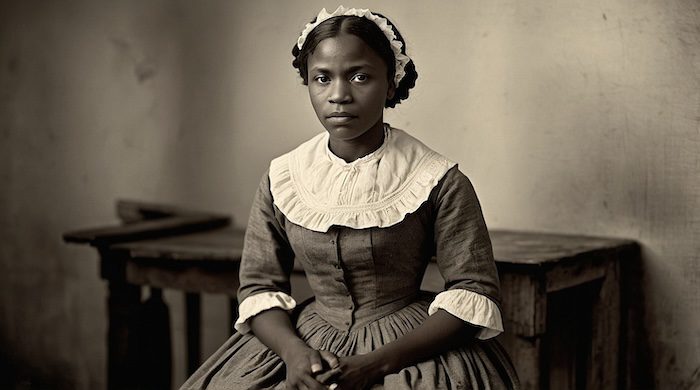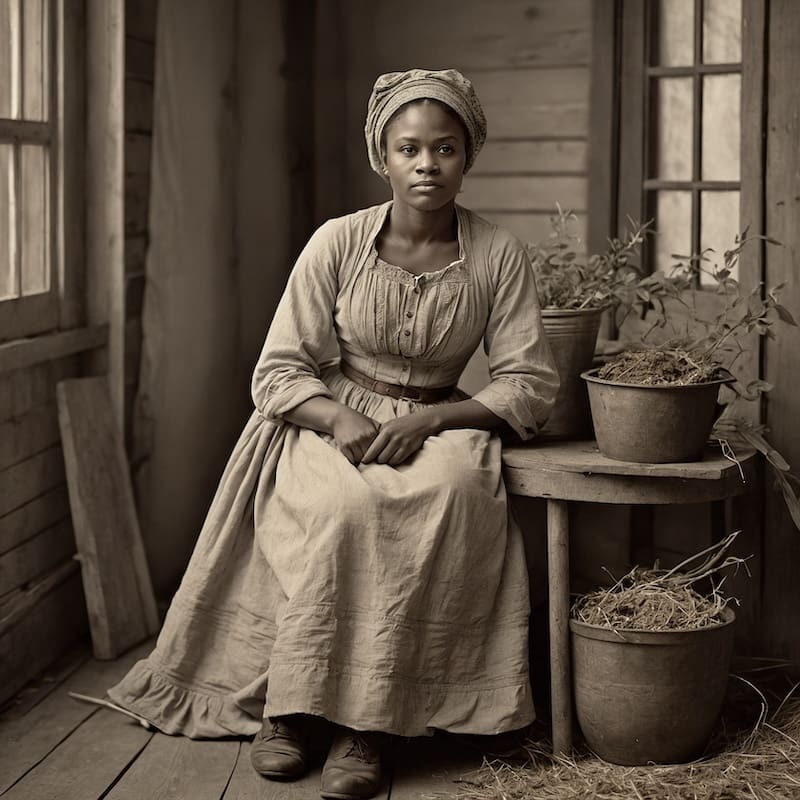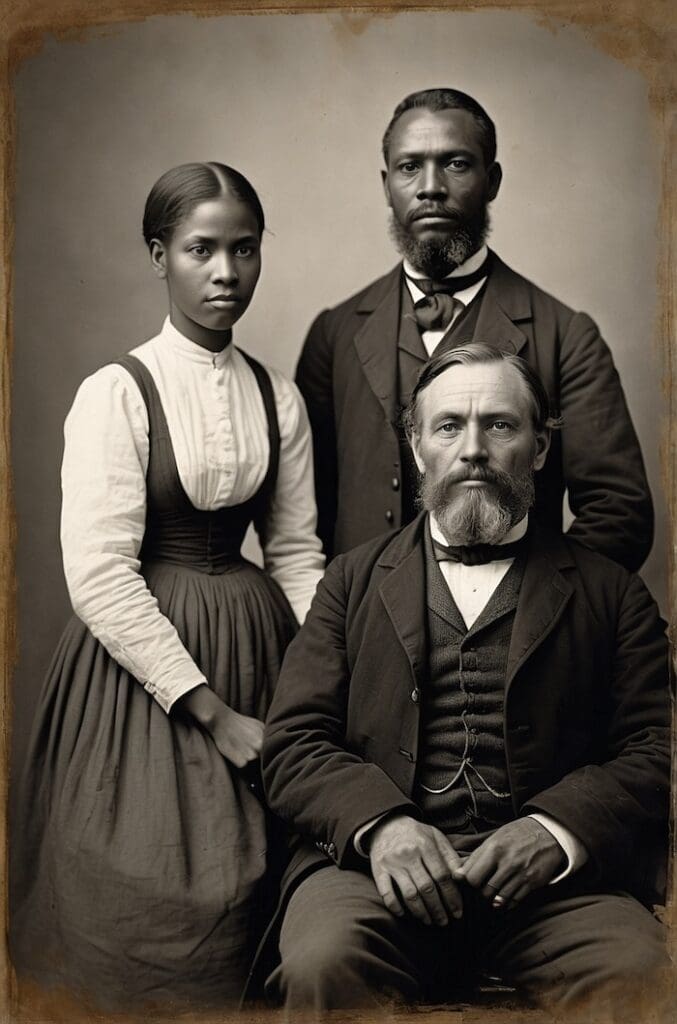
Emancipation Records
Slave Owners and Emancipation Records play a crucial role in helping to locate formerly enslaved individuals, understand family connections, and shed light on the living conditions and hardships they endured.
In essence, Slave Owners and Emancipation Records are essential tools for acknowledging the historical realities of slavery, honoring the experiences of those who suffered under it, and fostering a more accurate understanding of our shared history. They help ensure that the stories of enslaved individuals are not forgotten and contribute to broader conversations about social justice, equality, and human rights.

Emancipation -vs- Manumission
Emancipation and manumission both refer to processes that lead to the liberation of enslaved individuals, but they differ in scope, context, and the mechanisms by which freedom is achieved.

Emancipation
A broad and systemic process that typically refers to the liberation of a large group of people or an entire population. It is often associated with legal or governmental actions that abolish slavery or bondage on a large scale.
Emancipation is usually enacted through legislation, executive orders, or societal movements that lead to the widespread end of slavery. It involves changes in the legal and social frameworks to ensure that individuals or groups are no longer considered property and have their rights restored.
Example: The Emancipation Proclamation issued by President Abraham Lincoln in 1863, which declared the freedom of slaves in Confederate states during the American Civil War.
Locating Emancipation Records
Manumission Records
Manumission is a more individualized process where a single enslaver frees one or more enslaved persons. It is a private act, often done voluntarily by the owner.
Manumission typically involves personal decisions by enslavers and can be carried out through various means such as legal documents, wills, or personal decrees. It often required compliance with specific legal procedures.
Enslaved individuals could sometimes purchase their freedom or earn it through loyal service.
Example: A slave owner deciding to grant freedom to an enslaved person through a formal document or a will.

